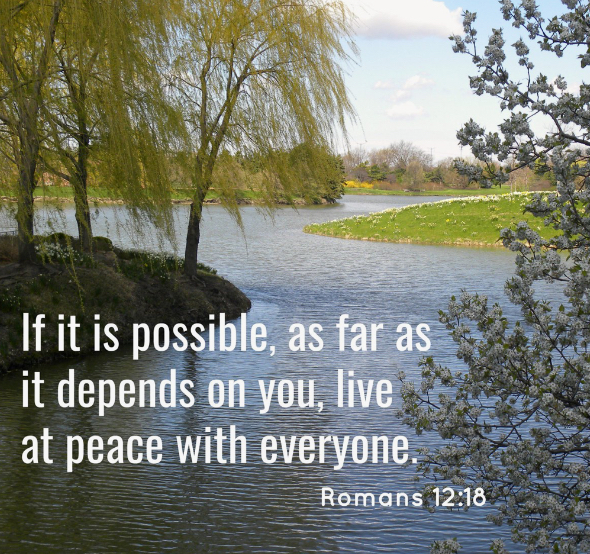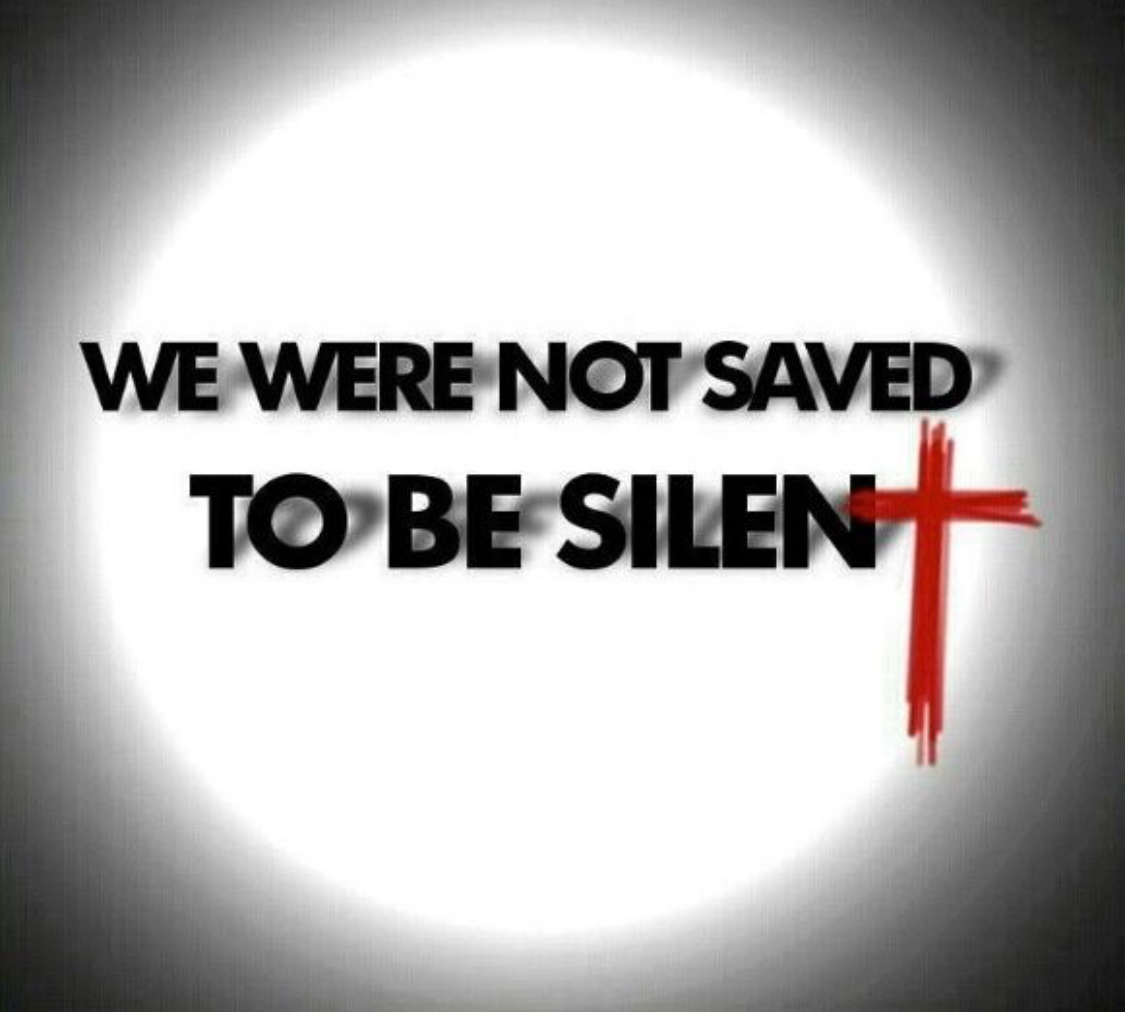“If you make yourself the main character in the story,
then you’ll evaluate everything that happens by its effect on you
not the affected.”
As Christians grapples with the issue of race, it has become apparent that many don’t perceive reality the same. Most are operating under different beliefs and stimuli which come from experiences, something heard, or something read. Facts and truth have differing definitions. When we interpret through the lens of our self-centered view, the actions of others often make no sense, and frustrate, hurt or infuriate us. But can you see that it can cause problems, inhibit understanding and empathy.
What you believe about a person or event will determine how you label them. The labels you use will allow you to project valence and dictate your actions to engage or disengage.
As used in psychology, valence means the intrinsic attractiveness (positive valence) or averseness (negative valence) of an event, object, or situation. It is typically easier to use the “other” as a projective object. Efforts, by Blacks, to change their conditions are labeled as social justice, Marxism, critical race theory, cancel culture, or progressive Christianity. Push back or disagreement by Whites is labeled as fragility, racism, privilege, or conservatism. Somehow, Christianity has settled into cultural norms rather than setting the standards for cultural norms based on God’s Word. We abandon Kingdom conversation of unity for cultural dialogue that divides. America is becoming more and more multiracial, warranting a broader recognition of those who do not fit into a society’s clear-cut notions of race.
Language matters and there is a confusion of the slogan Black Lives Matter – a plea to secure the right to life, liberty, and the pursuit of happiness for all Americans, especially historically wronged Blacks, with the organization called Black Lives Matter – which has a specific and stated agenda. Maybe a new slogan should be created to separate the movement from the organization. These three words are dissected ad nauseum. We have to unravel the narratives taught in some churches today that assume this movement of Biblical justice being worked out within society is about property and jealousy. Those that oppose the movement use “Thou shall not steal or covet” as the defense to ignore reality. Let’s be clear, the movement is about how you got it, not that you have it. Others say using the word “Black” as the presupposition ignores the transcendent God-ordained meaning of life – The Imago Dei. Some pastors are asking to whom and in what way does it matter? I’ve even heard pastors say that the phrase assigns guilt based on ethnicity which isn’t Biblical. We are all imperfect sinner who moves in faith. These are brothers and sisters in Christ. Let’s stop throwing other Christians under the bus from the pulpit. A mist in the pulpit can become a fog in the pews. Let’s not forget Sunday’s became and still is the most segregated day of the week.
These pastors cap off their messaging by labeling it ALL as Communism or Marxism. Using the old playbook, going back to the ’50’s and ’60’s, labeling any principle that attempts to obtain a level playing field for all. M.L. King was viewed as a Communist for calling out the situation people faced. The reality was that King’s view of Communism was that it was fundamentally incompatible with Christianity. The central issue King was calling out was the defense of the gulf between superfluous wealth and abject poverty.
As Christians, we cannot ignore or excuse the past sins. We must confront them, repent for them, and find ways to correct the actions that may allow them to continue. If you see God’s image in you as more valuable than the image of God in those different from you, you have lifted yourself to be better than the other person. That is about “have no other idols before God” and “thou shall not bear false witness”. God’s summarized the commandments because we tend to prioritize to fit our needs – “Love God and to Love your neighbor.” One cannot say “I love God” but hates their neighbor or has nothing to do with their neighbor. Because God is love, we are able to love. Love pleases the Lord and makes one worthy of the Lord’s saving grace. From God’s love, mercy and compassion follow.
My prayer is that when our strength is fading in a world of moral decline, self-interest, and cultural confusion that integrity will shine as a light upon a hill. Only by coming together across geography, race, class, denomination, age, across all the differences that really do NOT matter, will we be able to listen to each other. It’s only by embracing one another in a spirit of love and collaboration that we create space to grow in grace together.










